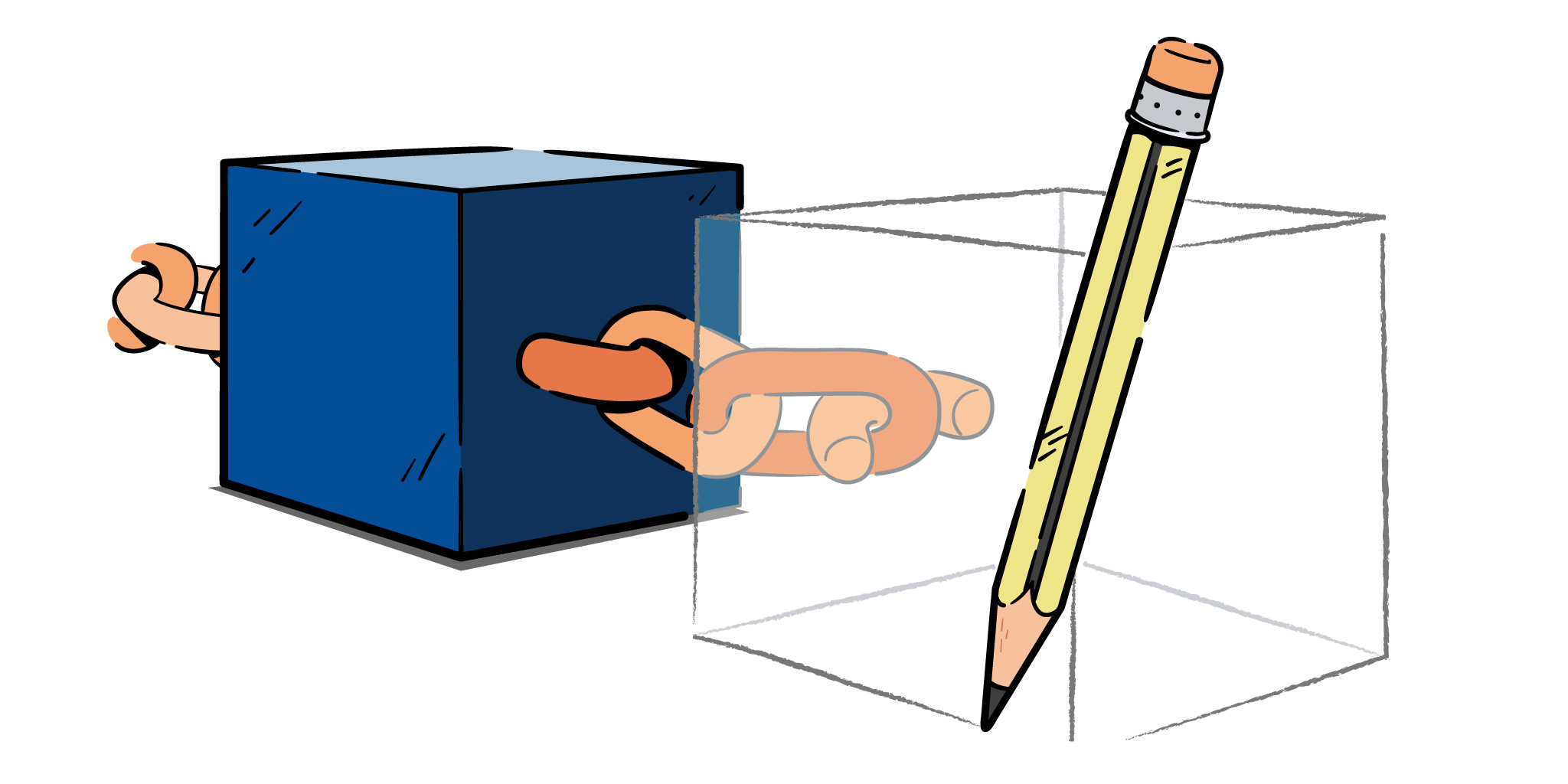
The Philippines projects a $60.000 billion market for tokenized assets by 2030, using existing blockchain infrastructure to democratize access to bonds and stocks.
Asset tokenization has taken the Southeast Asian financial sector by storm, driving a profound transformation that promises to change how emerging economies access and participate in capital markets. A recent report, titled Project Bayani: The Philippines' Asset Tokenization OpportunityThe report, prepared by the Philippine Digital Asset Exchange (PDAX), Saison Capital and Onigiri Capital, reveals a potential of up to $60.000 billion for this evolution towards the next decade.
This study underscores how distributed ledger technology has transcended its initial role as a specialized tool to become a fundamental platform for financial inclusion. In the Philippines, where a large portion of society remains outside the traditional banking system, digital wallets have emerged as a bridge, bringing financial services to historically excluded sectors. The next goal is to leverage this digitally active user base to offer them access to regulated and secure investment instruments, thereby channeling informal savings toward the productive development of the national economy.
With this change, tokenization is positioned as a key driver for the democratization of capital and sustainable economic growth in a region seeking greater financial integration and opportunities for its citizens.
Create your Bit2Me account and trade cryptocurrenciesFrom technology to investment: moving towards a tokenized financial market
The adoption of cryptocurrencies in the Philippines stands out as a remarkable phenomenon that has caught the attention of experts and market analysts. Currently, 14% of the Filipino population uses cryptocurrencies, a percentage that far exceeds participation in traditional financial instruments such as stocks, which barely reach 2,4%, and bonds, with less than 1%.
For experts, this contrast reveals that the real challenge lies not in a lack of interest in cryptocurrencies or in investors' financial capacity, but in the lack of accessible and suitable channels for people to invest in these financial products. The technology is available to most, but only recently have financial products begun to emerge that are adapted to this new digital reality.
Nichel Gaba, founder and CEO of PDAX, highlights the unique advantage the Philippines has, as it has a Mass adoption of blockchain walletsA digital infrastructure already established that other economies must build from scratch. Several platforms have educated the population in the management of digital assets, thus creating a solid foundation for developing more sophisticated financial products. The project called Project Bayani seeks to capitalize on this digital infrastructure to unlock a $60.000 billion asset tokenization market by 2030.
El report The report breaks down the $60.000 billion market opportunity into three key verticals for the next decade: public actions They would lead with 26.000 billion, followed very closely by the government bonds with 24.000 million and the Investment funds with 6.000 millions of dollars.
Tokenization allows these assets to be broken down into smaller units, making it easier for small savers with limited resources to invest—something the traditional system doesn't allow due to high minimum investment requirements. Thus, blockchain becomes the technological foundation for modernizing access to capital and public debt markets in the Philippines, a shift that could democratize investment and foster significant financial inclusion.
Bit2Me: Your secure access to the crypto marketTokenization revolutionizes access to government bonds in the Philippines
Tokenization as a tool for financial inclusion has become a tangible reality. In the Philippines, the Treasury Office, along with private companies like PDAX and the Development Bank, has moved forward with issuing government bonds in tokenized form. This initiative has significantly lowered the barrier to entry by allowing investments starting at just 500 pesos, around US$8,50. This has opened the door to a wider audience and democratized access to public debt.
The preliminary results of this initiative are compelling. Nearly half of current government bondholders own these instruments in tokenized form. Sharon P. Almanza, Treasurer of the Philippines, noted that this collaboration has literally put public financial instruments in the palm of citizens' hands. According to the agency, this move validates the operational efficiency of tokenization, which eliminates the administrative friction and costs associated with the custody and transfer of traditional physical or book-entry securities.
Overall, the Philippines' progress in the tokenization sector is part of a global trend called RWA (Real World Assets), The digitization of physical assets or property rights is transforming how investments are managed. From real estate to intellectual property, tokenization enables greater liquidity and transparency, offering new opportunities for market participation.
The Philippines has taken a leading position in Asia by implementing this technology in its sovereign market, demonstrating that regulation and innovation can go hand in hand to boost economic development.

Blockchain Course
Basic levelTake this course where we explain blockchain in a clear, simple and concise way so that you have a very clear idea of what this new technology consists of.


